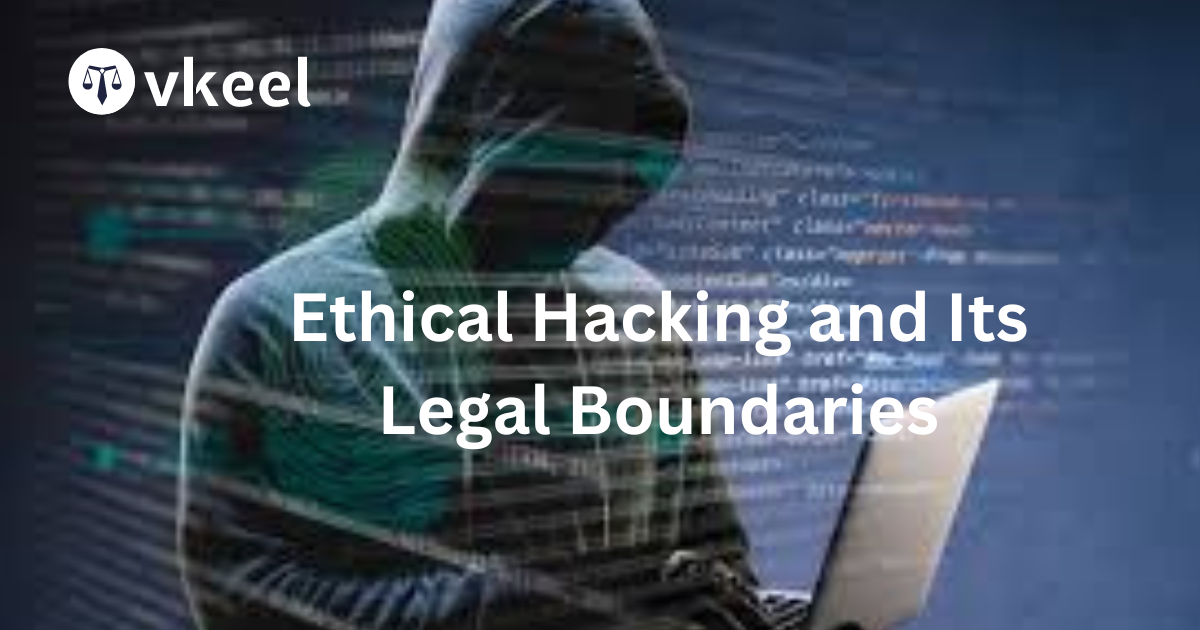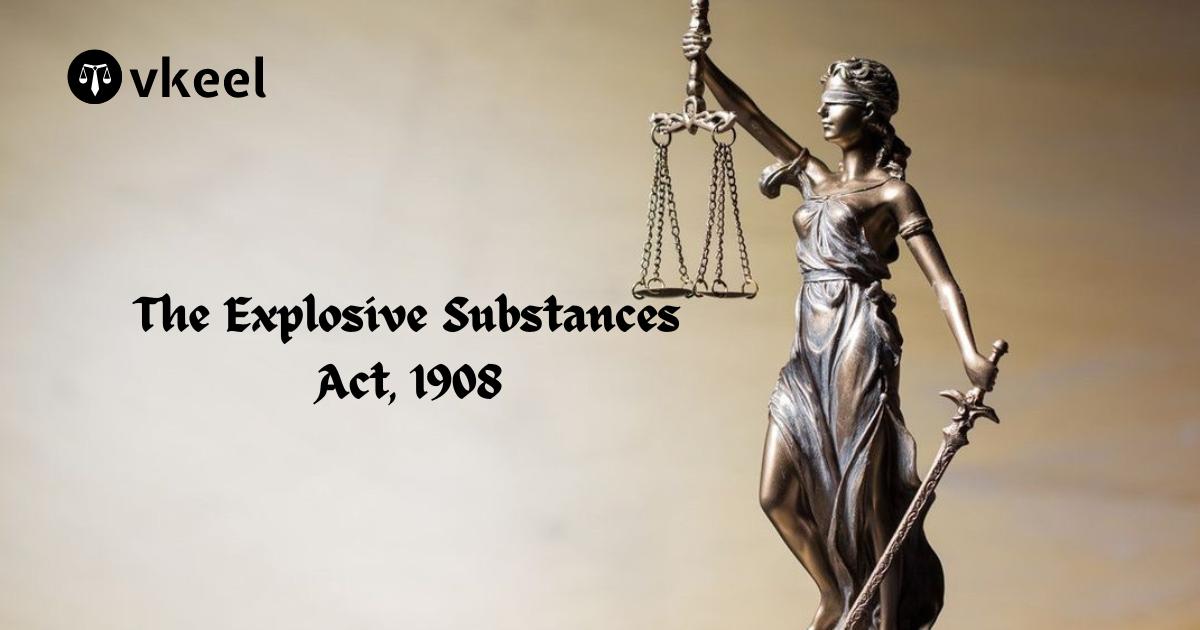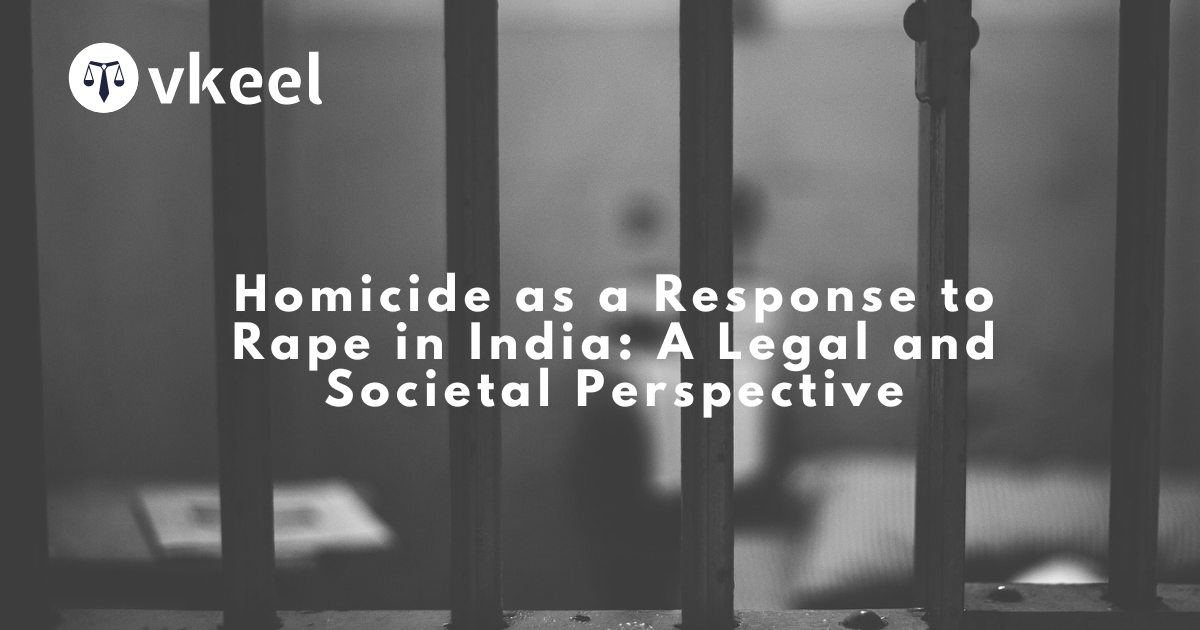Ethical Hacking and Its Legal Boundaries
By Himanshu Kumar
Table of Contents
Introduction
Ethical hacking, also known as penetration testing or white-hat hacking, is the practice of legally infiltrating computer systems, networks, or applications to identify vulnerabilities that could be exploited by malicious hackers. Ethical hackers use their skills to help organizations enhance their security measures, ensuring that sensitive data remains protected. However, despite its noble intent, ethical hacking exists within a complex legal landscape, where the line between lawful and unlawful activities can sometimes blur.
The primary reason for hacking can be attributed to the pursuit of unauthorized access to computer systems and networks for a variety of purposes, including financial gain, espionage, and disruption. Malicious hackers, often referred to as black-hat hackers, exploit vulnerabilities in systems to steal sensitive information such as credit card details, personal data, or intellectual property. This stolen information can then be sold on the black market, used for identity theft, or leveraged to gain a competitive advantage in business. Financially motivated cybercrimes, including ransomware attacks and phishing schemes, have become increasingly common, driven by the potential for significant monetary rewards with relatively low risk of detection and prosecution.
Another major reason for hacking is political or ideological motives, where hackers aim to advance a specific agenda or cause. These hackers, known as hacktivists, use their skills to promote political messages, expose perceived injustices, or disrupt the operations of organizations or governments they oppose. Cyber espionage, where nation-states or state-sponsored groups infiltrate systems to gather intelligence or sabotage operations, also falls under this category. Additionally, some hackers are motivated by the challenge and thrill of breaking into secure systems, seeking to demonstrate their technical prowess and gain recognition within the hacking community. Regardless of the motive, the impact of hacking can be profound, causing significant financial losses, compromising sensitive data, and undermining public trust in digital systems.
The Role of Ethical Hacking
Ethical hackers play a crucial role in cybersecurity. By simulating attacks, they help organizations identify weaknesses in their systems before malicious hackers can exploit them. These professionals use the same techniques as their malicious counterparts but do so with permission and in compliance with established guidelines. Ethical hacking can encompass various activities, including vulnerability assessments, security audits, and compliance checks.
Legal Boundaries of Ethical Hacking
While ethical hacking is performed with the intent to secure systems, it must adhere to legal and ethical standards to ensure that it does not infringe upon the rights of individuals or organizations. The legal boundaries of ethical hacking are defined by several factors:
- Consent: Ethical hacking must always be performed with explicit permission from the owner of the system being tested. This permission is often formalized through a written agreement or contract that outlines the scope and objectives of the testing.
- Scope: The activities of an ethical hacker must be clearly defined and limited to avoid unauthorized access or damage. The scope of testing should be agreed upon in advance, detailing which systems, applications, and networks can be tested.
- Compliance with Laws: Ethical hackers must comply with local, national, and international laws governing computer use and data protection. This includes adhering to regulations such as the General Data Protection Regulation (GDPR) in Europe, the Computer Fraud and Abuse Act (CFAA) in the United States, and the Information Technology Act in India.
- Non-Disclosure Agreements (NDAs): Ethical hackers often sign NDAs to ensure that any sensitive information discovered during testing is kept confidential and not disclosed to unauthorized parties.
Case Laws and Legal Precedents
Various case laws have helped define the legal boundaries of ethical hacking. Here are some notable examples:
- United States v. Morris (1991): This case involved Robert Tappan Morris, who created a worm that inadvertently caused significant damage to ARPANET. Morris was convicted under the Computer Fraud and Abuse Act (CFAA), which set a precedent for how unauthorized access and damage to computer systems would be treated under U.S. law.
- Mitnick v. U.S. (1999): Kevin Mitnick, once one of the FBI’s most-wanted cybercriminals, was charged with numerous counts of computer fraud and wire fraud. Mitnick’s case highlighted the severe penalties associated with unauthorized access and hacking activities, reinforcing the importance of ethical boundaries in hacking.
- United States v. Aleynikov (2010): Sergey Aleynikov, a former Goldman Sachs programmer, was charged under the Economic Espionage Act for transferring proprietary source code to his personal computer. This case emphasized the legal risks associated with mishandling proprietary information and the importance of maintaining ethical standards in data handling.
Amendments and Regulations
Legislation and amendments play a crucial role in defining and updating the legal framework within which ethical hacking operates. Key regulations and amendments include:
- The Computer Fraud and Abuse Act (CFAA): Enacted in 1986 and amended multiple times, the CFAA is a cornerstone of U.S. cybersecurity law. It criminalizes unauthorized access to computer systems and sets penalties for hacking-related offenses. Ethical hackers must navigate this law carefully to avoid unintentional violations.
- The General Data Protection Regulation (GDPR): Implemented in 2018, the GDPR is a comprehensive data protection law in the European Union. It mandates stringent requirements for data handling and protection, impacting how ethical hackers conduct tests involving personal data. Non-compliance can result in severe penalties.
- The Information Technology Act (India): Enacted in 2000 and amended in 2008, the IT Act provides a legal framework for electronic governance and cybercrime prevention in India. Section 43 and 66 of the Act deal with unauthorized access and data theft, outlining penalties for such offenses. Ethical hackers in India must adhere to these provisions to ensure lawful conduct.
Ethical Hacking Certifications and Best Practices
To ensure that ethical hackers operate within legal boundaries, several certifications and best practices have been established:
- Certified Ethical Hacker (CEH): Offered by the International Council of E-Commerce Consultants (EC-Council), the CEH certification is one of the most recognized credentials for ethical hackers. It provides comprehensive training on legal and ethical hacking practices.
- Offensive Security Certified Professional (OSCP): Offered by Offensive Security, the OSCP certification focuses on practical, hands-on penetration testing skills. It emphasizes the importance of adhering to legal and ethical standards in hacking.
- Best Practices:
- Documentation: Ethical hackers should document all actions taken during a penetration test to provide a clear audit trail and demonstrate compliance with legal and ethical guidelines.
- Communication: Clear and open communication with the client is essential to ensure that all parties understand the scope, objectives, and limitations of the testing.
- Continuous Education: Cybersecurity is a rapidly evolving field. Ethical hackers must stay informed about the latest threats, tools, and legal developments to ensure their practices remain compliant and effective.
Ethical Considerations
Beyond legal compliance, ethical hackers must also consider the broader ethical implications of their work. This includes:
- Privacy: Respecting the privacy of individuals and organizations is paramount. Ethical hackers must avoid accessing or disclosing personal or sensitive information without explicit authorization.
- Integrity: Maintaining the integrity of systems and data is crucial. Ethical hackers should avoid causing any disruption or damage to the systems they are testing.
- Professionalism: Ethical hackers should conduct themselves with professionalism and integrity, adhering to the highest standards of ethical behavior.
Challenges and Future Directions
The field of ethical hacking continues to face several challenges:
- Legal Ambiguities: The rapid evolution of technology often outpaces the development of legal frameworks, leading to ambiguities in how laws apply to new hacking techniques and tools.
- International Variability: Different countries have varying laws and regulations governing hacking activities. Ethical hackers working in a global context must navigate these differences to ensure compliance.
- Emerging Technologies: As new technologies such as artificial intelligence, the Internet of Things (IoT), and blockchain become more prevalent, ethical hackers must develop new skills and techniques to address the associated security risks.
Looking ahead, the field of ethical hacking is likely to continue evolving in response to these challenges. Greater collaboration between governments, industry, and the cybersecurity community will be essential to develop robust legal frameworks and best practices that keep pace with technological advancements.
Conclusion
Ethical hacking is an indispensable component of modern cybersecurity, providing valuable insights that help organizations protect their systems and data. However, ethical hackers must navigate a complex legal landscape, adhering to laws and regulations that define the boundaries of their work. By obtaining proper consent, defining clear scopes of testing, and complying with relevant laws, ethical hackers can ensure that their activities remain lawful and ethical. Continuous education, adherence to best practices, and a commitment to ethical behavior are essential to maintaining the trust and integrity of the ethical hacking profession. As technology continues to advance, ongoing dialogue and collaboration will be crucial to address emerging challenges and ensure the continued effectiveness and legality of ethical hacking practices.
Disclaimer:
The information provided in the article is for general informational purposes only, and is not intended to constitute legal advice or to be relied upon as a substitute for legal advice. Furthermore, any information contained in the article is not guaranteed to be current, complete or accurate. If you require legal advice or representation, you should contact an attorney or law firm directly. We are not responsible for any damages resulting from any reliance on the content of this website.







